Google continues rolling out its Fuchsia operating system for this device
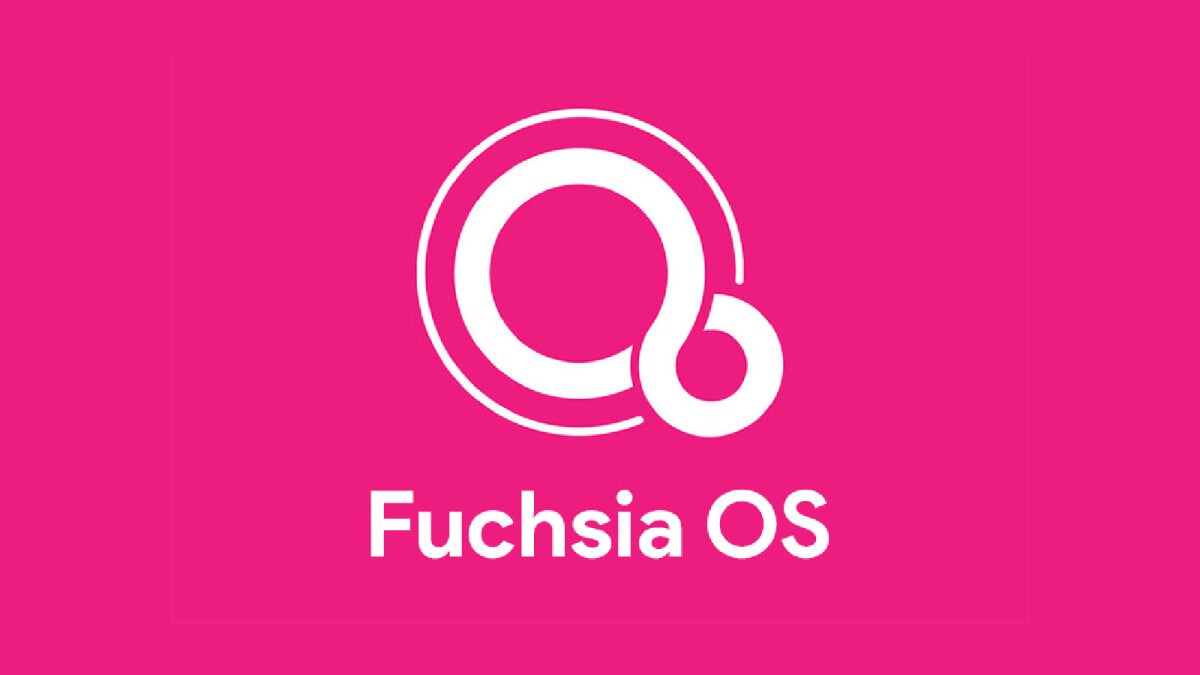
It was six years ago when we first told you about Google's Fuchsia operating system. Unlike Android, Fuchsia sports a non-Linux kernel and has been used in Google's own smart displays. First, it was found on the first generation Nest Hub via Google's Preview Program which gives users early access to new firmware updates. It then was disseminated to the Nest Hub Max.
Now, according to 9to5Google, Fuchsia is being pushed out to the second-generation Nest Hub. Once that occurs, Fuchsia will be the only operating system used on Google's smart displays. Despite the change, many users won't be able to spot any differences between the new OS and the previously employed Cast OS. The update will have a slow rollout as it will start to appear for a small percentage of those subscribed to Google's Preview Program. Google will test it for a few months before Fuschia becomes more widely available for the second-gen smart display.
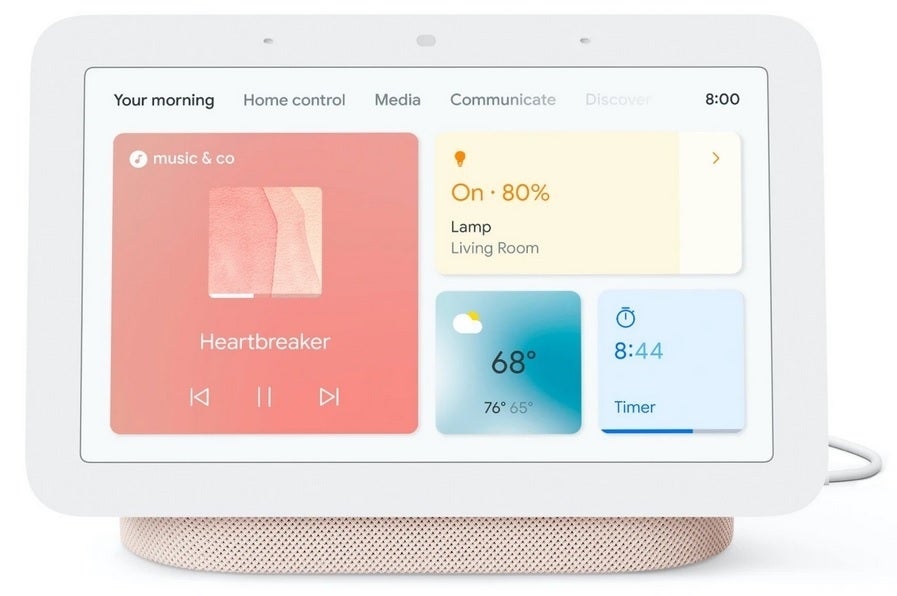
The second generation Google Nest Hub smart display is getting updated to Fuchsia OS
Since you might not be able to see much of a difference between the Fuchsia OS experience and the original Cast OS, you can find out if your Nest Hub has been updated by going to the "Technical Information" page in Settings to see whether it mentions a "Fuschia version." If it does, that means your smart display has been updated and is running on Google's Fuschia operating system.
With the upcoming introduction of the Pixel Tablet, the Nest Hub smart speakers are going to lose Google Assistant-powered apps and games later this year. Google has also stopped offering updates for third-party smart displays. Ironically, while Fuchsia looks similar to Cast OS, there is one thing that it does faster than its predecessor and that is casting content.
Next up for Fuchsia, the operating system will be taking over for Cast OS on Google's Nest smart speakers. Models already available will be upgraded to Fuchsia and a new model expected for this year will also run on the OS. Reportedly, Google is also looking for a way to run Linux and Android apps natively on Fuchsia.
Follow us on Google News


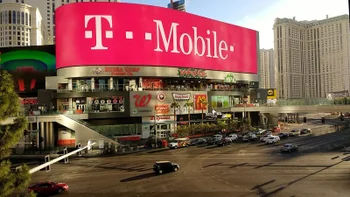
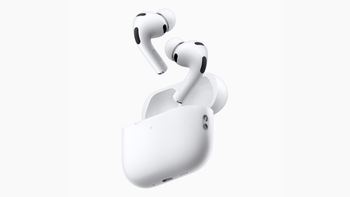
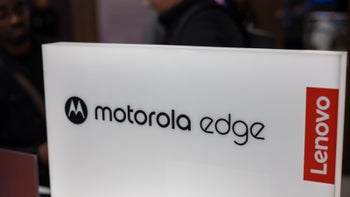

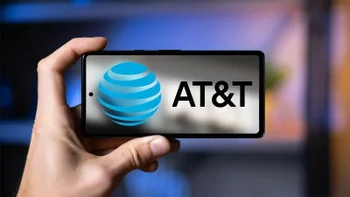
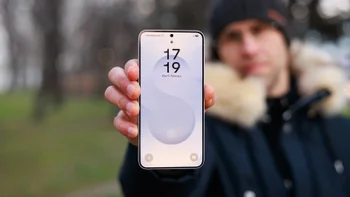
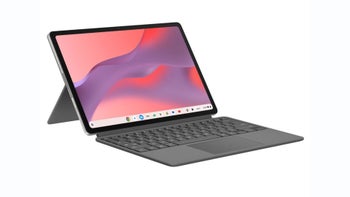
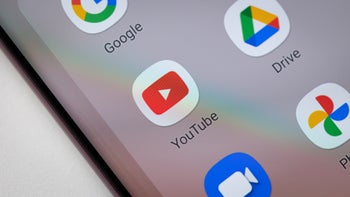
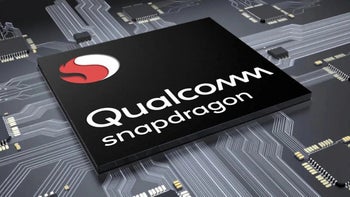
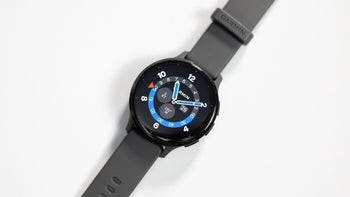
Things that are NOT allowed:
To help keep our community safe and free from spam, we apply temporary limits to newly created accounts: